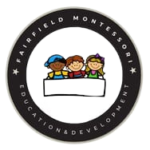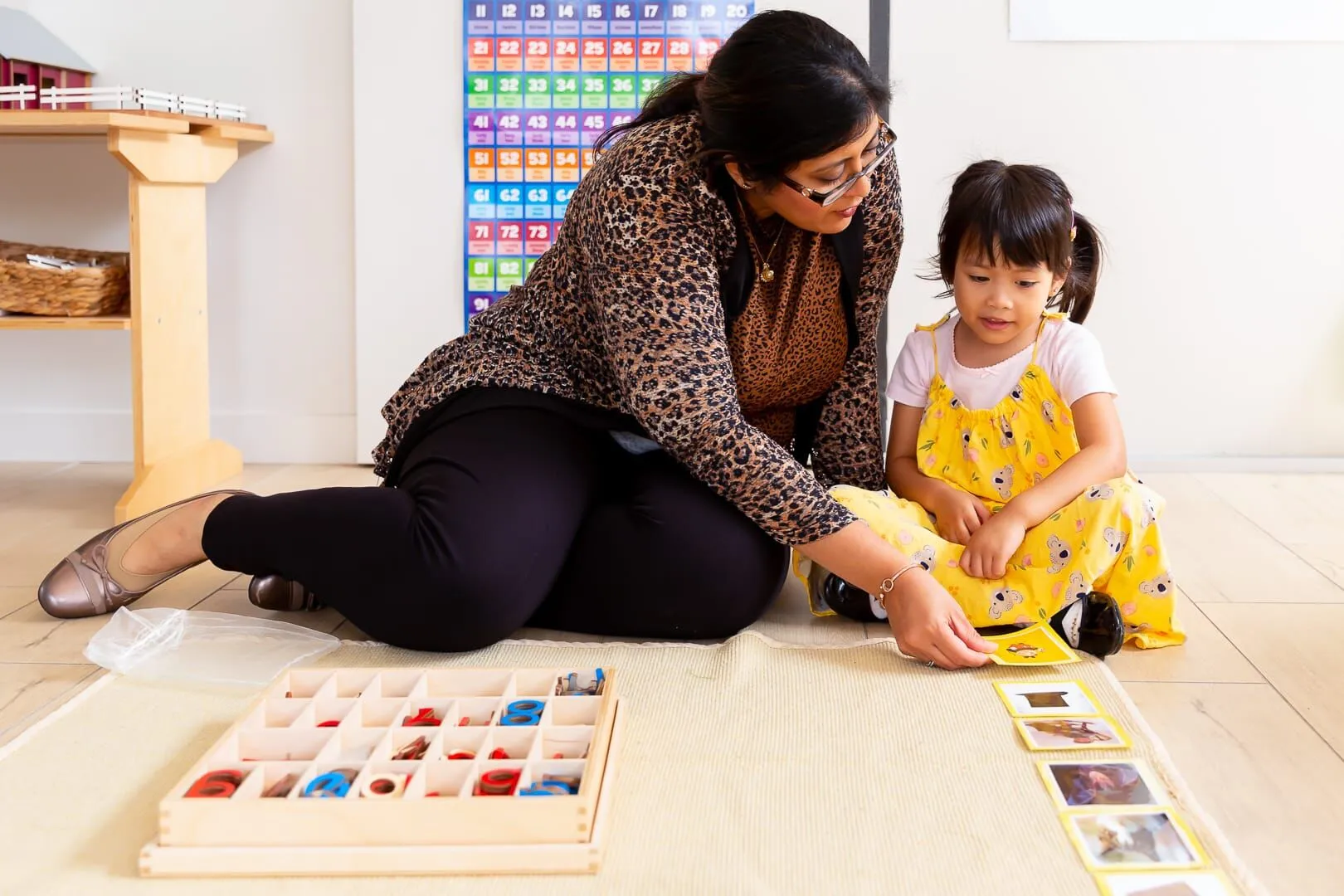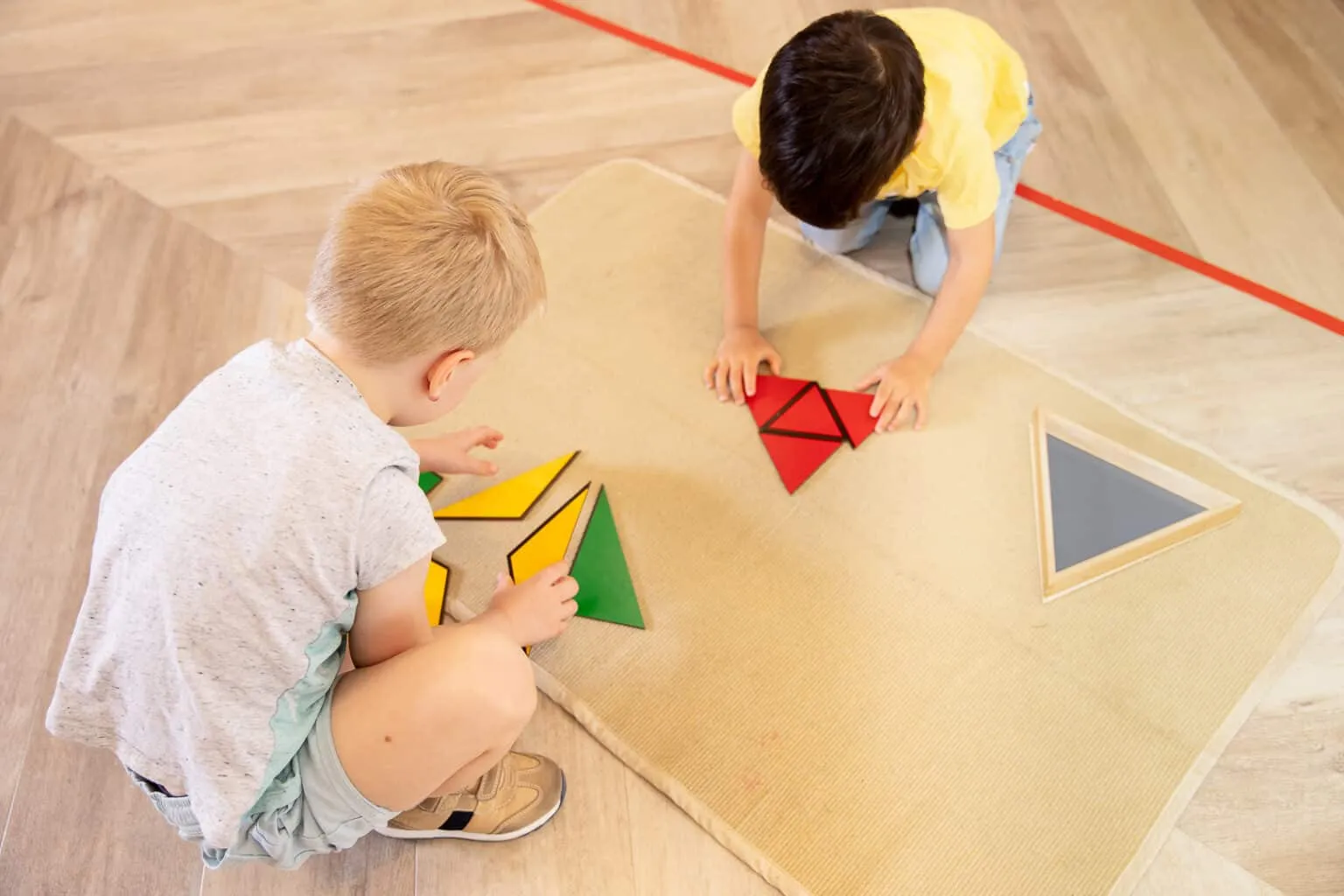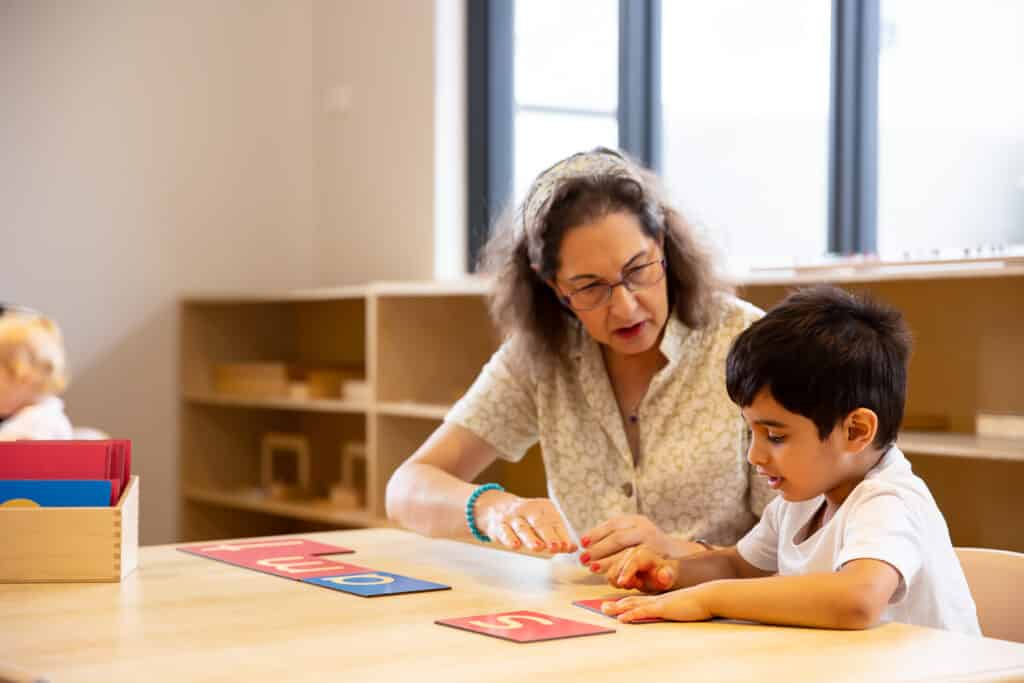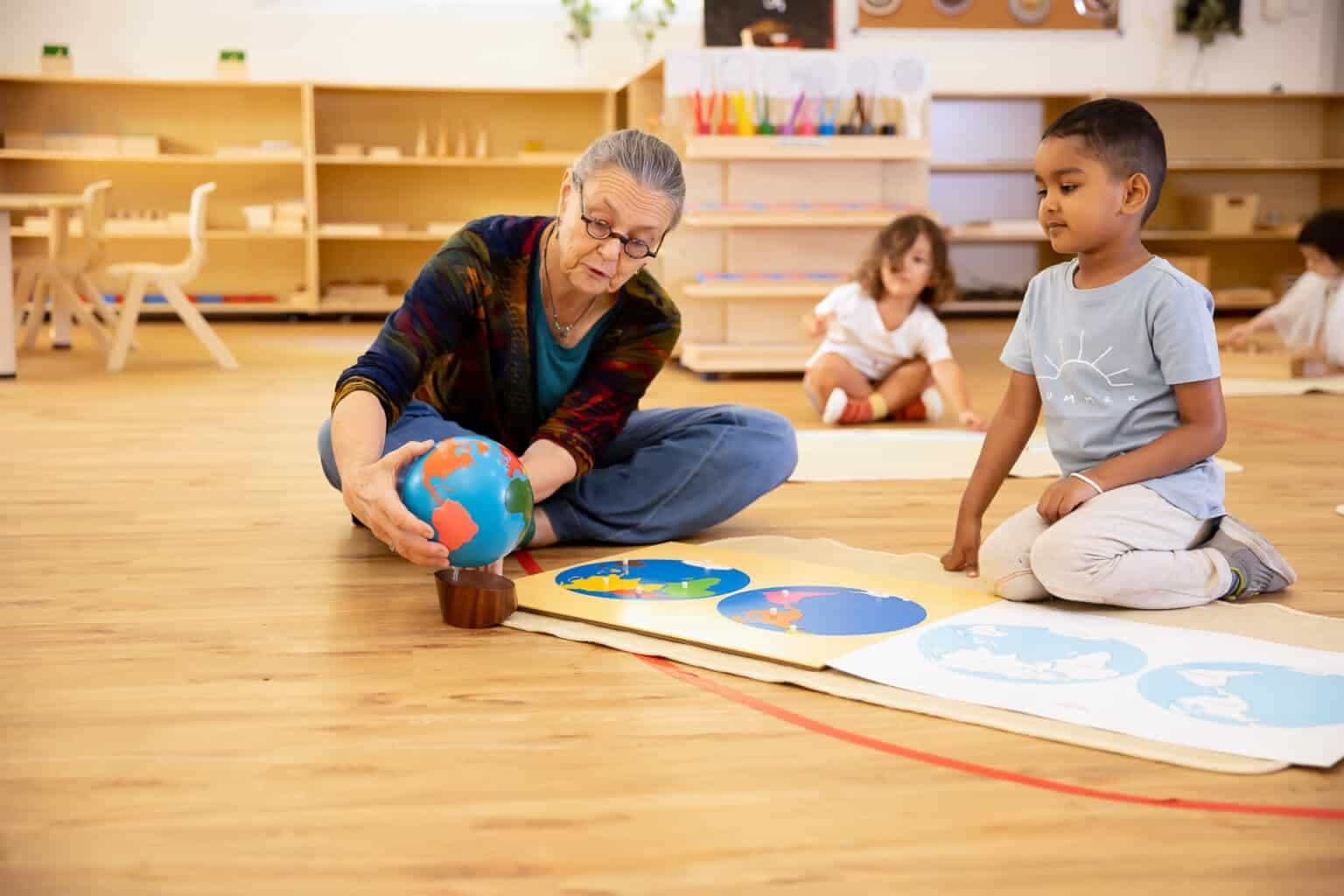Montessori Materials
Home >Montessori Materials
Montessori Materials
Montessori materials represent interactive learning resources crafted to offer children the chance to explore essential learning outcomes through repeated practice. Each tool focuses on teaching a specific skill individually and is deliberately structured to foster independent learning and problem-solving.
What are Montessori Materials?
Montessori materials are innovative hands-on educational tools crafted to engage children’s minds, foster exploration, and inspire self-directed learning. They are not only enticing and user-friendly but also intentionally designed to support children’s overall learning and development. Collectively, these materials form the foundation of the Montessori Curriculum.
Each Montessori material is dedicated to teaching a single skill, allowing children the opportunity to master key learning outcomes through repetition and practice. Following Dr. Montessori’s philosophy that “Nothing goes into the mind that does not first go through the hands,” these materials are introduced by trained educators during Key Lessons. Subsequently, children are encouraged to work independently with the materials, returning each item to its designated place in the prepared environment upon completion.
Presented to children in a sequential order, from the simplest to the most challenging, the Montessori materials align with their developmental needs and interests. This structured approach offers a logical and systematic progression for learning, facilitating the gradual accumulation of knowledge.

What’s Unique About Montessori Materials?
- Hands-on learning tools that teach one skill at a time
- Designed with multiple learning styles in mind
- Build knowledge and skills through repetition and practice
- Made of natural materials and real-life objects
- Develop independence, fine motor skills, and concentration
- Learning outcomes discovered through problem-solving
- Designed for children to teach themselves
- Simplify abstract concepts
How Do Montessori Materials Work?
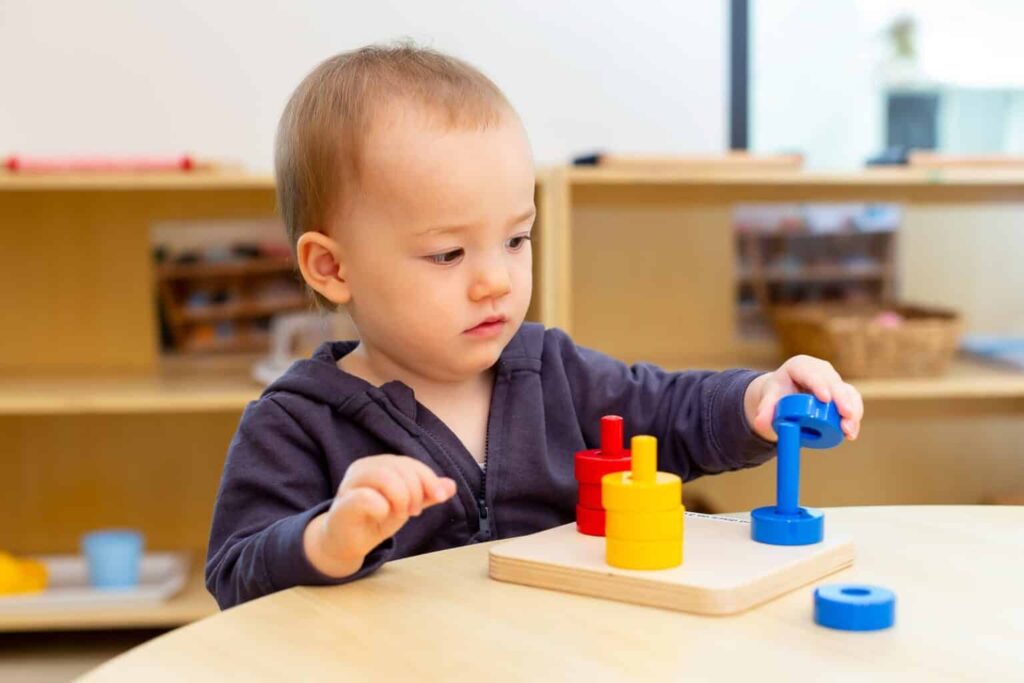
Hands-On Learning
Montessori materials are hands-on learning tools that guide children to discover key learning outcomes through repetition and practice. Each material breaks down one key concept into simple steps that children master through hands-on exploration. This aspect makes the Montessori materials particularly effective, as they involve the hand, as well as the mind, in all learning experiences.
Control of Error
Montessori materials are designed with an inbuilt ‘control of error’ that is self-evident. This quality allows children to see their own mistakes and discover learning outcomes independently through repetition and practice. For example, the knobbed cylinder won’t fit in the incorrect hole, water may spill on the table, or there will be too many/too few objects at the end of a counting activity.
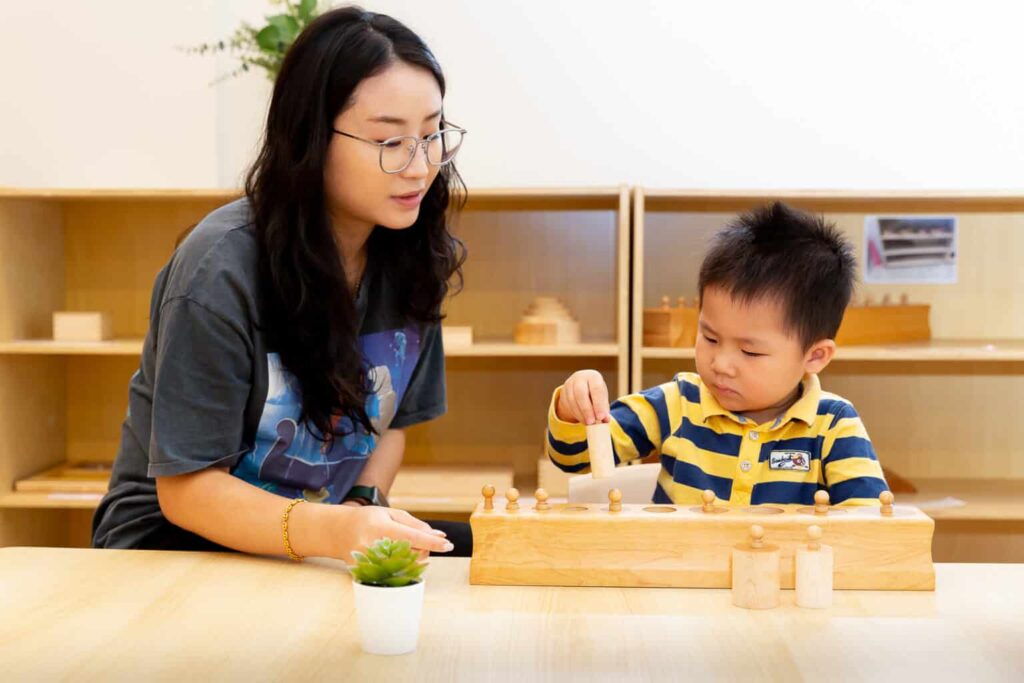
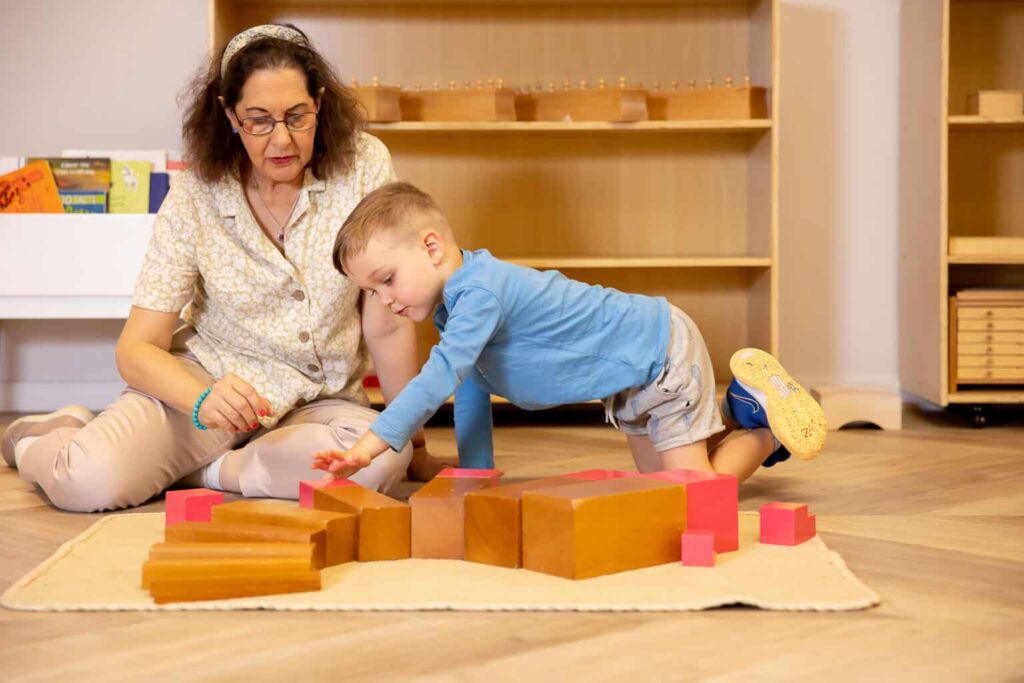
Progression Order
In the Montessori classroom, the Montessori materials are arranged within their curriculum area and are displayed from left to right in progression order, from easiest to hardest. This logical sequence provides children with a clear pathway to learning as they progress through the Montessori Curriculum.
Fine Motor Skills
Montessori materials encourage purposeful movement and exploration. This manipulative quality makes them highly beneficial at developing fine motor skills. These skills are essential components of a balanced approach to early childhood education as they encourage independence, concentration, and prepare children for real life.
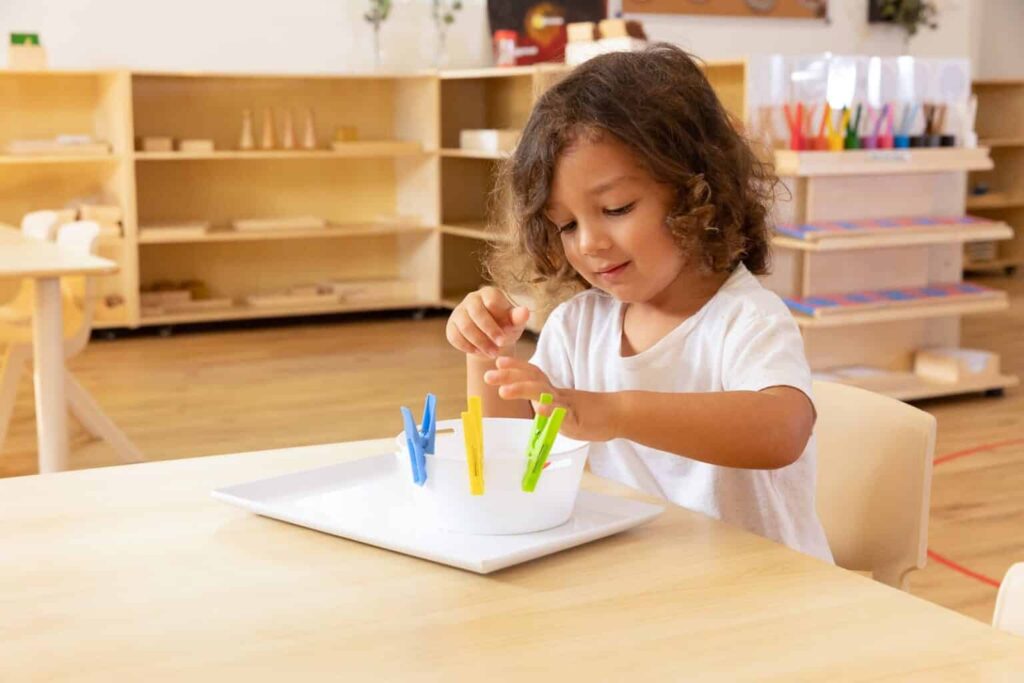
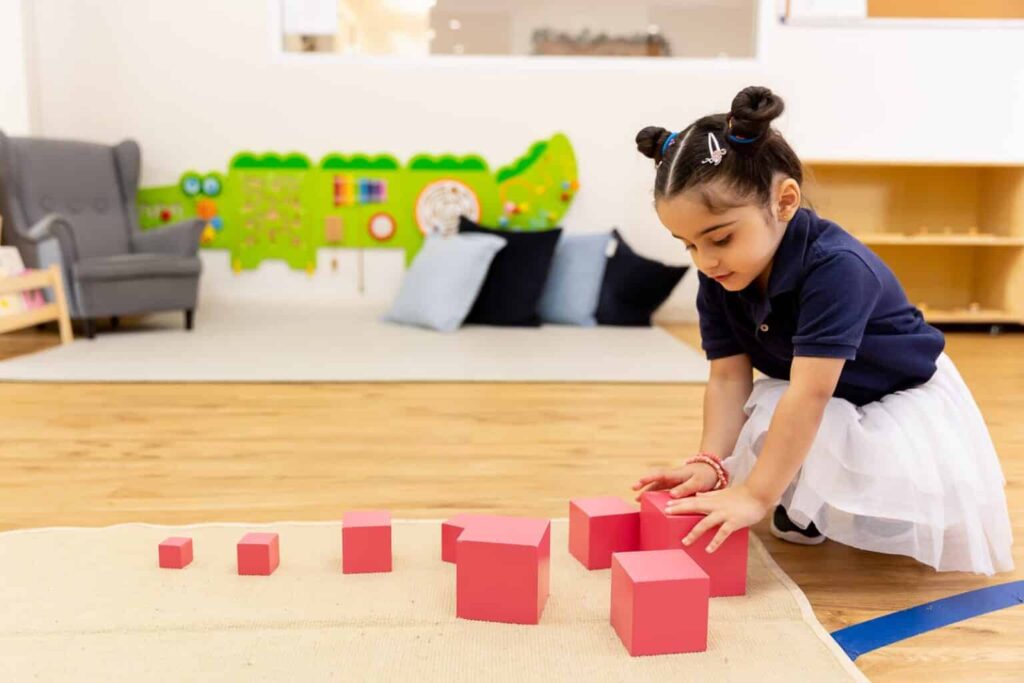
One Skill at a Time
Montessori materials teach only one skill or concept at a time. This allows children to deeply engage with the material as they discover, practice, and master the learning outcome at their own pace. Each material has been developed in the context of all the other materials to progressively build children’s knowledge and skills within each subject area.
Auto-Instructional
Montessori materials are designed to be used without the help of an adult. This allows children to discover and master the learning outcomes of each material through repetition and practice independently.
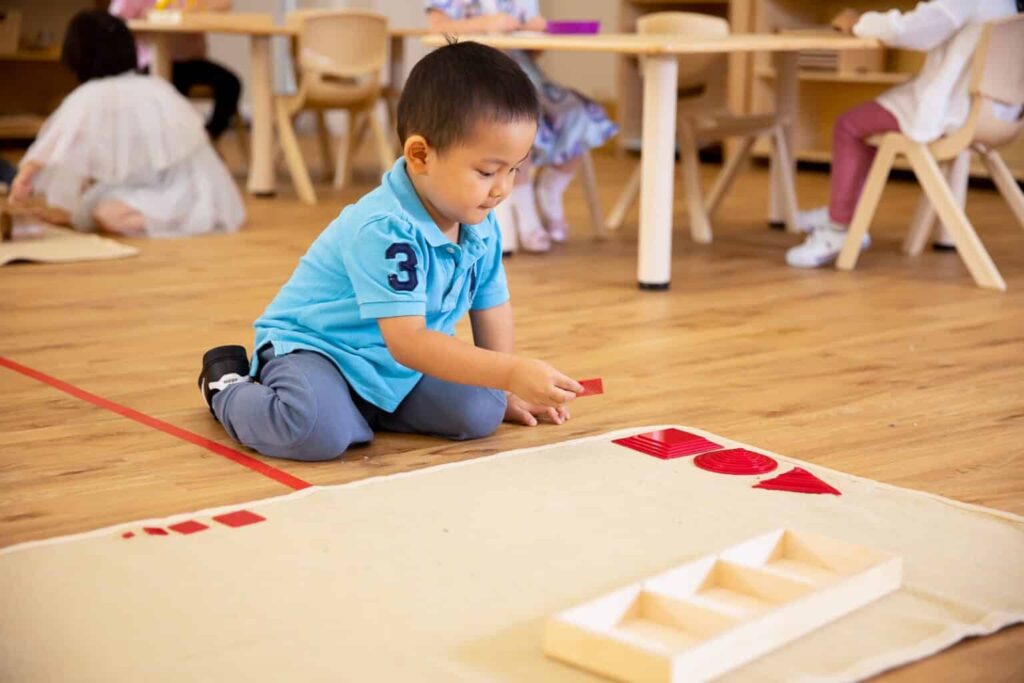
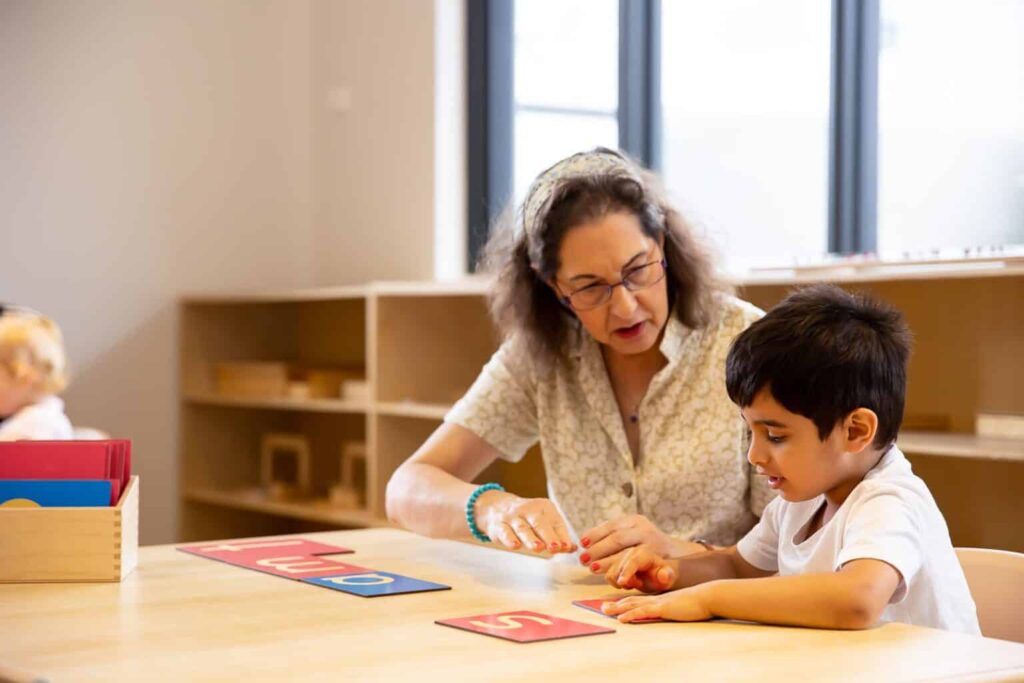
Where to next? Montessori Curriculum
The Montessori Curriculum offers children five key areas of study: Practical Life, Sensorial, Mathematics, Language, and Cultural Studies. Each area of study encompasses a suite of Montessori materials and activities that offer a simple step-by-step break down of key knowledge areas and skills. Through repetition and practice with the Montessori materials, children develop a foundational understanding of each curriculum area.
